Necrophobia: Causes, Symptoms and Treatment

Every sane person is afraid of death and everything connected with it. Meeting with a funeral ceremony always evokes horror and depression. No wonder. The feeling of preserving life is laid in a person from childhood and accompanies him throughout the entire time. However, people with strong character traits are not subject to pronounced symptoms of fear of death, and weak-willed and light-hearted individuals are able to fall into panic states.

What is necrophobia?
This disease is considered mystical, and people try to ignore those who are so much afraid of the dead. This condition goes hand in hand with a disorder called thanatophobia (fear of death). Such disorders appear when an individual sees real pictures depicting the dead.
For ordinary people, the thought that everyone will someday die does not cause special emotions, since this inevitability will happen to everyone sooner or later. Therefore, a sane person does not fix his attention on such issues. And this is a defensive reaction. You need to live here and now, and only God knows what will happen next.
An individual who suffers from thanatophobia tries not to visit cemeteries, and the word "morgue" terrifies him. Films where murders and funerals take place cause him long-term anguish, and fatal accidents can provoke a severe attack. The person who suffers from this phobia does not work where death can be encountered. Such professions as doctor, policeman, military man, firefighter, rescuer are alien to him. In some people, necrophobia acquires obsessive thoughts, they begin to prepare in advance for death and imagine themselves dead.
These disorders inevitably lead to the fact that a person becomes uninteresting in life. As a result, he can either get very sick or die. Therefore, it is necessary to take urgent measures to cure it.
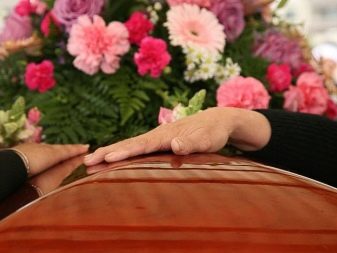
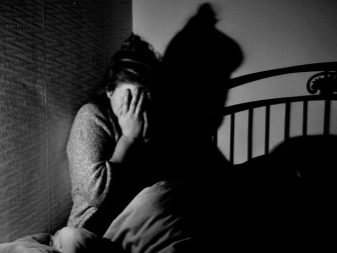
Why does it arise?
There can be many reasons. Usually all phobias come from our childhood. In adolescence, a person can experience very severe stress or fear in connection with the death of a close relative. Children are very susceptible to various frightening situations, and when an unpleasant event occurs, it will forever remain in the memory. Later, when this same person becomes an adult, the fears inherent in childhood may return.
Of course, if this character has a wonderful and interesting life, filled with bright and funny events, then no phobia is terrible for him. But most often it happens that a person gets into an unpleasant story that provokes severe stress. Nervous overload warms up an agitated consciousness, and, as a rule, a phobic disorder sets in. It can also arise from strong mental and mental overload.
Always, when a person is exposed to various misfortunes, a subsequent anxiety state awaits him.
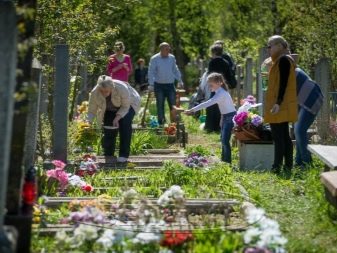
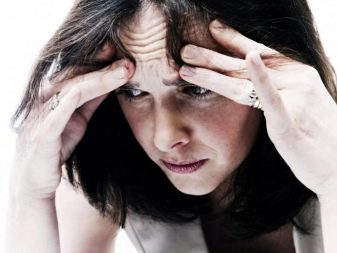
It is human nature to be afraid of what he does not understand. Death is a condition that a person is afraid to experience. And this natural fear is inherent in absolutely all inhabitants of the planet. Phobia can arise from some negative emotions.
- When a person looks at a corpse, his appearance is unpleasant to him. And if the death was violent, or the individual died after a long illness, then the sight of the deceased will certainly cause a depressed mood. A very impressionable person can get stuck at this stage, and the consequences will be very dire.
- Depression of the emotional system always causes a phobia. When a living person looks at a dead person, he becomes afraid that he will never see him alive again. With this person, who only yesterday walked, talked, communicated, no one will ever be able to meet in reality again. These thoughts are terrifying, and the consciousness may not withstand such a strong overload.
- There are people who believe in the paranormal. They are afraid that the spirit of the deceased will visit them at night and scare them. And if a person begins to convince himself that ghosts really exist, then he may fall into the most severe phobia, which will be accompanied by frequent panic attacks.
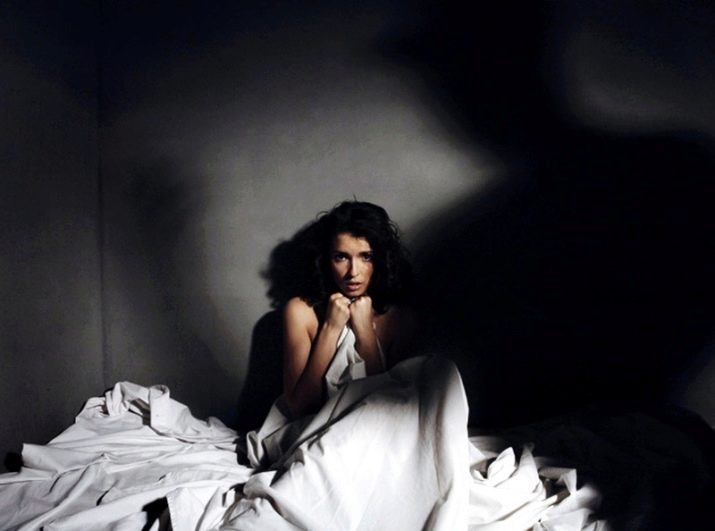
Symptoms
It all depends on the temperament. If this is a strong-willed and strong personality, then no phobias are afraid of her. Fear can appear briefly as a natural emotional process, and then disappear.
Another category of people who take all events seriously may experience mild anxiety after attending a funeral. Perhaps it will be caused by the fact that the deceased was a close relative. Our consciousness is arranged in such a way that as the distance of any unpleasant event, it begins to gradually erase the details. And this is a protection against negative consequences. After some time, an individual with a healthy psyche will gradually forget the grief and continue to live on.
It's another matter when a person has a tendency to exaggeration and anxiety. Obsessive states accompany him throughout his life. They then subside, then renewed with renewed vigor. Such individuals should not attend funerals. After severe emotional overload, they can get sick, and the phobic state will become stable. Against this background, certain symptoms develop.
- There are frequent cases when a person loses a sense of reality. The detached state should cause alertness on the part of loved ones.
- Headaches and dizziness, which may be accompanied by nausea and vomiting.
- During anxiety attacks, an individual may feel very unpleasant symptoms: sweating (in some cases, only palms), breathing stops, heart rate increases, tremors of the limbs begin, confusion of thoughts, loss of control over oneself, a desire to run away, pallor of the skin, fainting.
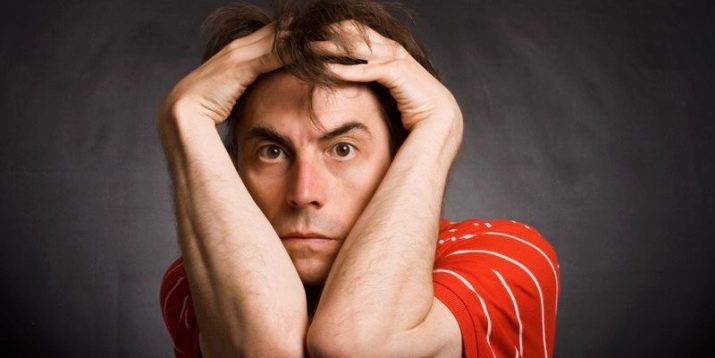
If such symptoms recur more and more often, it is necessary to take action and consult a doctor. Timely treatment helps to avoid a number of negative consequences and significantly shortens the rehabilitation period.
How to overcome?
It is best when a person takes control of his emotions and himself cope with the fear of corpses. People who have a persistent character will be able to overcome the obsessive state without the help of a specialist. However, one must remember that self-medication is fraught with negative consequences.
A specialist will best help to get out of the state of anxiety and eliminate the phobia. His competent actions can lead to overcoming illness and fear. First, the psychotherapist will identify the cause of necrophobia, and then choose an effective method and suggest you.
- Psychotherapy sessions or the so-called cognitive behavioral therapy. You will learn to relax and change your thinking patterns. The sessions will take place in a relaxed atmosphere. And then everything will depend on the patient, who must show a desire to be treated and follow all the recommendations.
- Physiotherapy - This is a treatment using natural sources such as water, current, wave radiation. Water procedures help to tune the body in the right way. Massages of various types stimulate the nervous system so that it comes to complete rest.
- Drug treatment will help in severe cases. Despite this, you need to know that such therapy can bring both benefits and harm to your body. Antidepressants and tranquilizers will put your mind under your control. The tablets will quickly relieve anxiety and panic attacks.

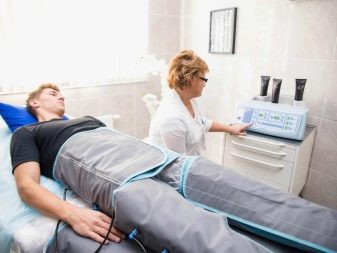
Perhaps your fears are groundless. You are just winding yourself up. Therefore, first you need to use the advice of a psychologist. Psychologists rarely resort to extreme measures. They provide general guidelines that are simple but have tremendous potential.
- The first tip is to pull yourself together and try to focus on your feelings.
- A healthy lifestyle will help get rid of obsessive states.
- Jogging in the morning will stimulate a good mood. The sun is shining on the street, and everyone around is enjoying life. Why should you think about death when it is still so far away?
- Get enough sleep and you will always be in a good mood.
- Try to avoid various stressful situations, at least for the duration of your treatment.
- Proper nutrition and delicious food can work wonders.
- Physical therapy can be a substitute for a shower or a warm, relaxing bath. Aromatherapy will complement the pleasant moments.
- Find a hobby you love. Join a club where you will meet many like-minded people. Perhaps changing the environment will have a beneficial effect on your well-being.
- Do breathing exercises when fear tries to envelop your mind. To do this, take a slow breath, hold the air, count to 5 and exhale it slowly. Do these exercises until you feel relief.
- Hypnosis sessions will also help. The specialist puts a person into a trance and instills in him the correct reaction to various events.
- Self-training also helps to get rid of phobias.











I am quite a strong and emotionally stable person. I'm not afraid of mice, spiders, darkness ...In principle, I'm not afraid of anything. I calmly go to cemeteries, I bury my relatives when it happens. I know that sooner or later I will die myself. Death, as the fact of the end of my existence, does not scare me. But I cannot physically touch the dead body. I don't get sweaty, no panic. I just can not. I can't get a dead chicken out of the yard. I can't remove the dead mouse that the cat brought. I could not hug and kiss my beloved dog when she was gone ... I cannot butcher a chicken if no one is at home. It’s just a feeling that part of my life force with a touch passes into a corpse. I don't know what my phobia is and where it comes from. I lived in a good family and had no psychological trauma. But since childhood, at the sight of a dead pigeon in the yard, it seemed to me that he was under my clothes, and I urgently needed to run somewhere to people ... With age it passed, but I cannot physically touch the dead body. Although films with corpses and a morgue do not affect me in any way.